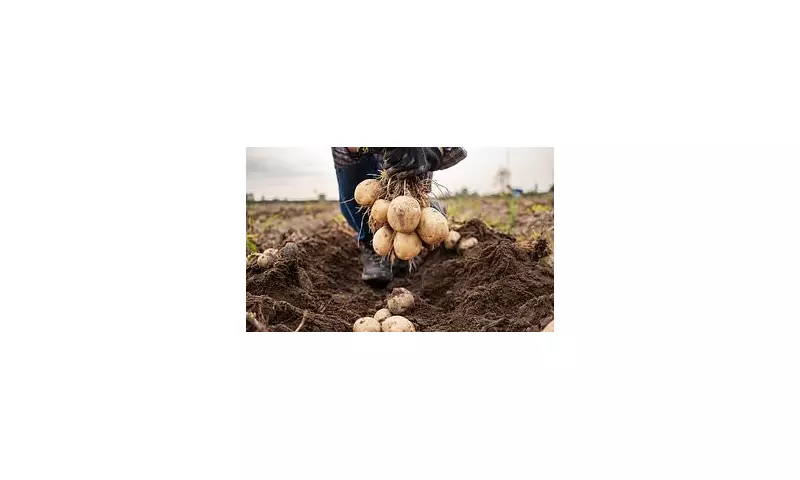
From Farm Waste to Facial Creams: The Potato Skincare Revolution
Your next luxury moisturiser or anti-ageing serum might have an unexpected origin – potato fields in Scotland. Scientists at the University of Aberdeen are leading a groundbreaking project that transforms potato shaws, the above-ground stems and leaves traditionally discarded after harvest, into valuable ingredients for the cosmetics industry.
This agricultural waste contains two particularly valuable compounds: solanesol, crucial for producing the antioxidant coenzyme Q10, and vitamin K2. Q10 plays a vital role in maintaining healthy, youthful-looking skin and is already widely used in serums and moisturisers. Meanwhile, vitamin K2 has been linked to collagen and calcium metabolism, typically sold in tablet form but with growing cosmetic applications.
The Science Behind Spud-Based Skincare
Cosmetic companies currently source solanesol mainly from tobacco plants, but demand for this ingredient has risen exponentially in recent decades. The Aberdeen initiative offers a sustainable alternative that could significantly reduce agricultural waste while creating new income streams for Scottish farmers.
With 12,800 hectares of seed potatoes grown in Scotland, the industry could yield up to 120 tonnes of solanesol annually according to researchers. Grampian Growers, a farmer-owned cooperative based on Scotland's east coast, has described the project as 'particularly significant' for the potato industry.
Professor Heather Wilson, Chair in Immunology at University of Aberdeen, explained the project's potential: 'Exploring the quality and yield of solanesol extracted from locally sourced potato shaws—and evaluating its potential applications across the cosmeceutical and related industries represents an exciting and impactful area of research.'
Previous Research Supports Potato's Skincare Potential
This isn't the first time scientists have identified skincare benefits in the humble potato. A 2019 study found that treating skin with potato peel extract significantly increased collagen expression, leading researchers to conclude that 'potato peel extract could be a novel and effective anti-ageing material.'
Potatoes have long featured in DIY skincare routines for concerns like hyperpigmentation, dark circles and acne. Some beauty enthusiasts even claim that mashed potato mixed with lemon juice can help smooth away crow's feet.
Celebrities have also embraced potato-based beauty. Actress Olivia Munn has previously revealed she eats Japanese sweet potatoes to maintain youthful skin, benefiting from their high beta-carotene content which the body converts to skin-protecting vitamin A.
The research team emphasises that their work could mean moisturisers, face masks and other cosmetic products might soon include ingredients sourced from what was previously considered agricultural waste, creating a more circular economy in Scottish agriculture while delivering effective skincare solutions.





